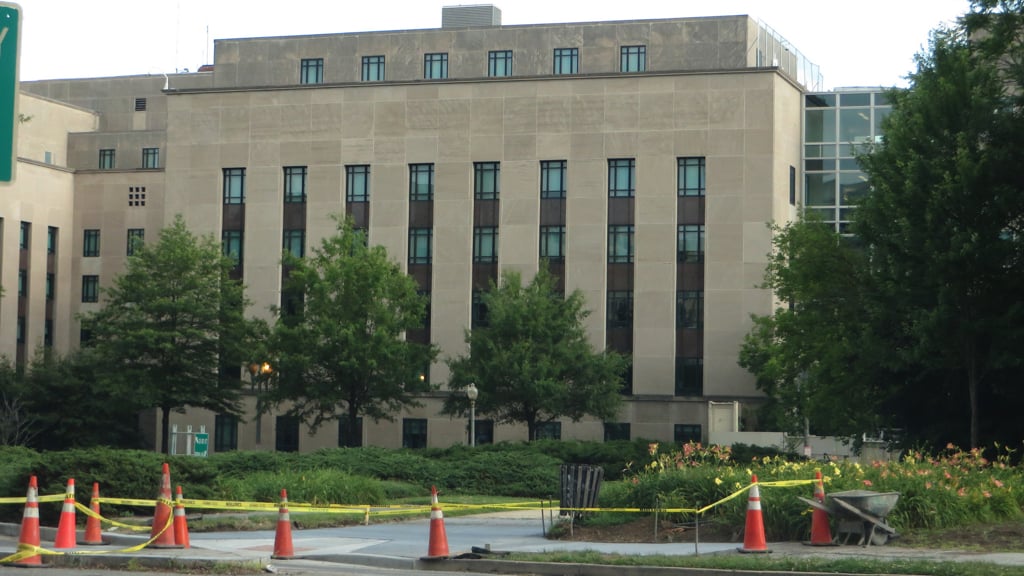After over a year of federal agencies functioning via telework, the Biden administration is looking to make that work style change permanent, the Washington Post reports. Details are being finalized, and official notice of the change is expected in June. According to Post reporting, there will likely be an implementation of hybrid workplaces, similar to Secretary of Agriculture Tom Vilsack’s decision that Ag employees can work remote as much as four days a week.
It’s a shift the Post describes as “a sweeping cultural change that would have been unthinkable a year ago,” and rightfully so. Company town DC has long been defined by its devotion to an in-person culture, be that a butts-in-seats mentality in more bureaucratic sectors, or the face-to-face lobbyist schmoozing of those on the Hill. Some of those demands in retrospect seem essential, as the Post notes some lawmakers complain their constituents can’t get an IRS representative on the phone due to reduced in-person staffing. But, largely, the federal government has managed to avoid collapse in the past year despite offices remaining empty, and K Street has managed to stay connected despite the lack of cocktail hours.
That it took Washington so long to embrace the remote work culture proven effective by so many other industries seems a testament to the latent rigidity in government jobs. A workplace that requires a request in triplicate to take an hour off to see the dentist is not one likely to embrace a flexible working environment. Perhaps the commitment to “flexibility” will prove an overstatement, granted only after multiple sign-offs from higher ups weeks in advance. But should the remote-work shift in federal jobs prove to be truly employee focused, it will be interesting to see whether other venerable norms will fall to the wayside.
Perhaps the most ironic outcome of all this is that it could take federal jobs away from Washington one of the Trump administration’s crusades they failed to realize. Not only were attempts to move agency departments to Kansas City and Grand Junction, Colorado botched by the fact that many employees had no desire to move to those specific cities to keep their jobs, but the ability for individual employees to take their salaries to places they did want to live was prohibited by the administration’s rollback of Obama-era increases in federal teleworking. It’s currently unclear whether any federal jobs will be permitted to remain fully remote (as opposed to, say, building in flexibility to do some of your work from home). But, should full-time telework become possible, a pandemic-invigorated desire for work-life balance combined with a red-hot housing market pricing many out of the DMV might lead a number of federal employees to conduct their Washington business from more affordable cities or their dream cabin in the mountains of West Virginia.



















